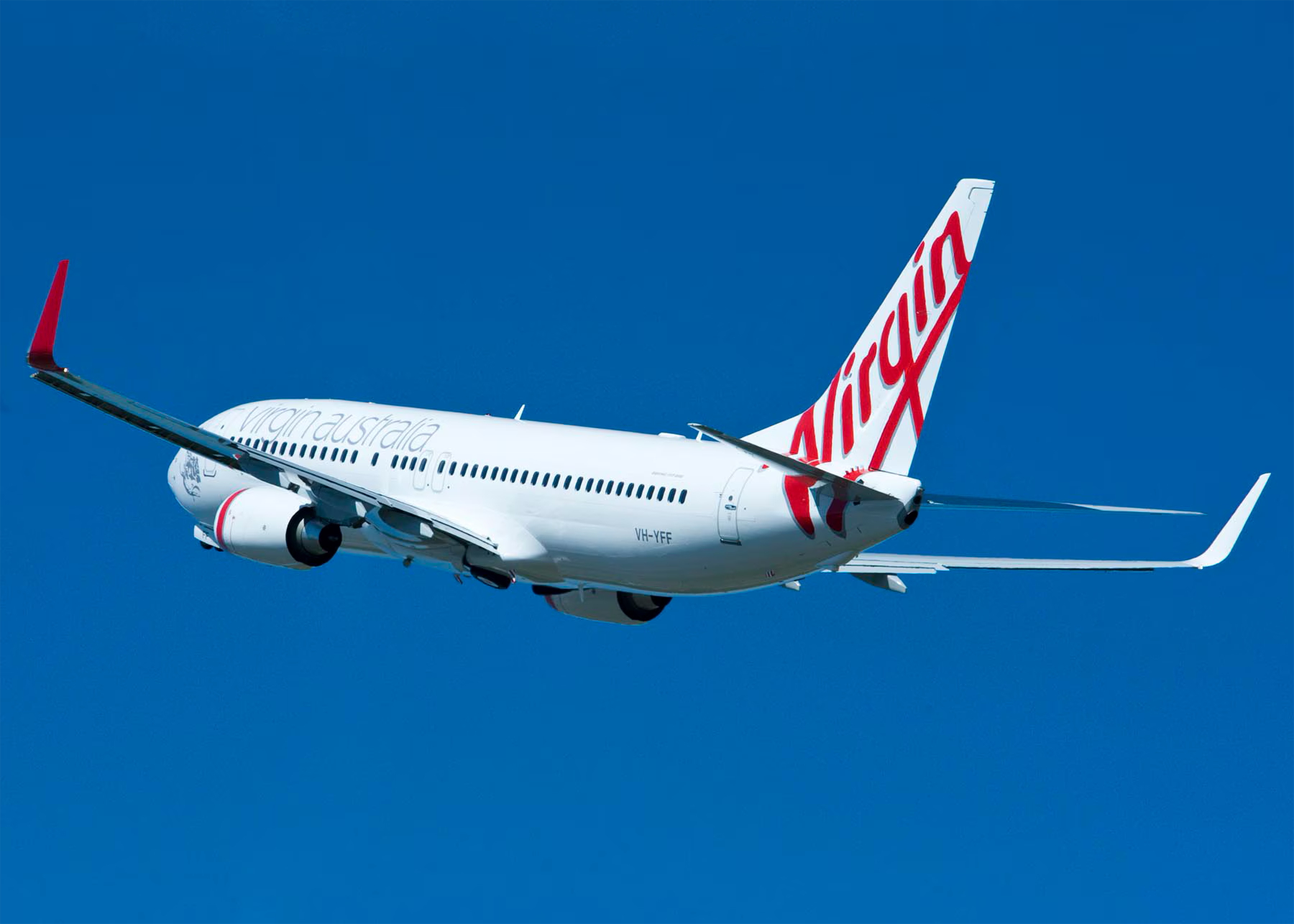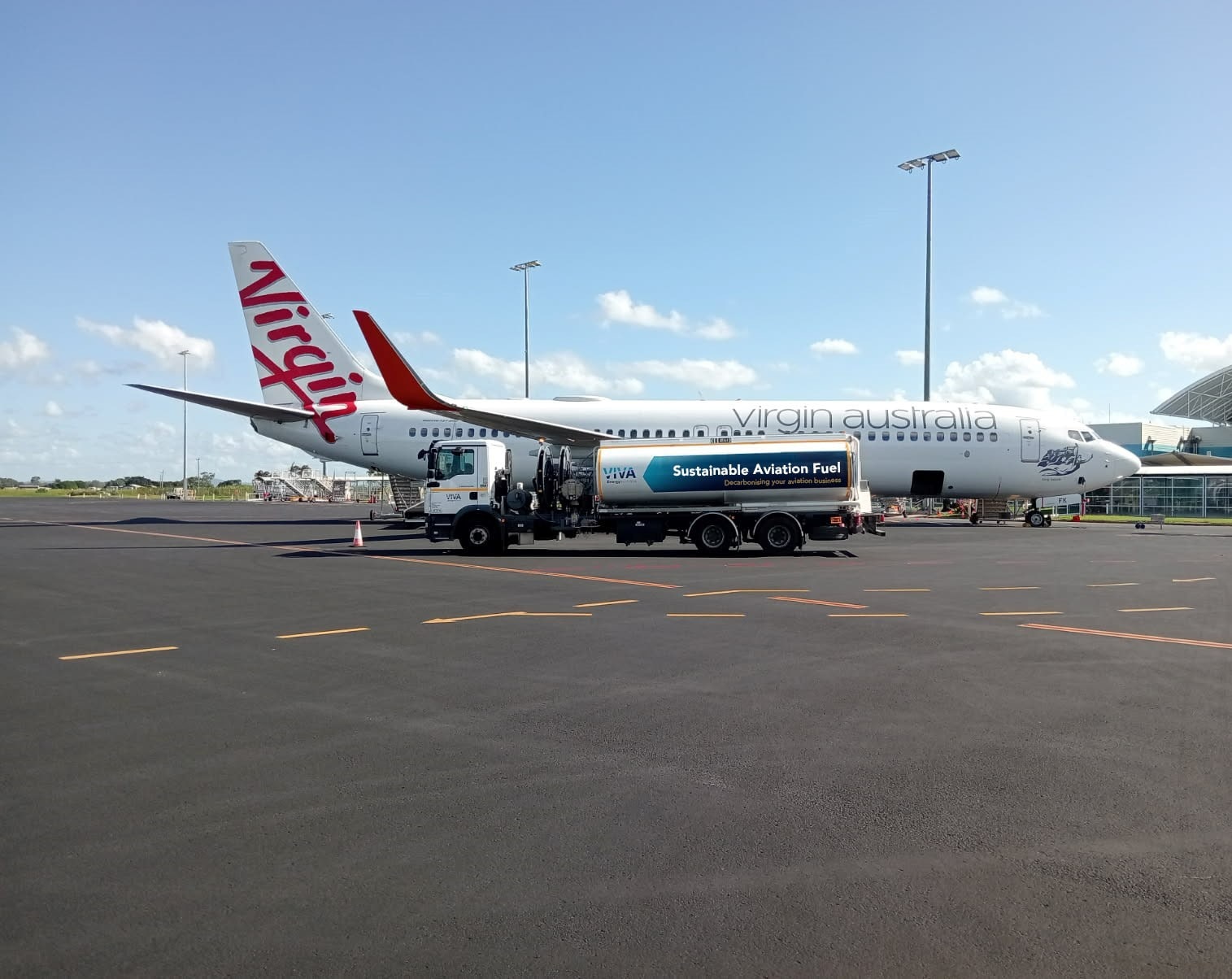We know that flying has adverse impacts on the climate. The emissions associated with our jet fuel use are our single largest environmental impact, accounting for the majority of our total emissions footprint.
Our main decarbonisation focus at Virgin Australia is reducing carbon emissions at the source. We are seeking to minimise our emissions in a number of ways through our fleet renewal program, fuel optimisation initiatives, transition of motorised ground support equipment (GSE) fleet to alternate power sources (with a focus on electric-battery-powered units) and building the foundation for an affordable transition to sustainable aviation fuel.
In line with the aviation industry’s goal, Virgin Australia is committed to targeting net zero carbon emissions by 2050.
Fuel efficiency
Maximising the efficiency of our fleet both in the air and on the ground is essential to achieving our decarbonisation objectives and goes hand in hand with fleet renewal program.
We have a Fuel Optimisation Working Group to centralise and coordinate our effort. The cross-departmental team oversees our fuel optimisation program and implements initiatives including aircraft weight reduction, route optimisation, single-engine taxiing and reduced use of auxiliary power units. These initiatives and other technology and innovation projects, education, and training have enhanced fuel savings and reduced emissions.
Aircraft fuel efficiency can be affected by a range of factors such as weather and air traffic congestion. For this reason, Virgin Australia invests in systems to accurately forecast weather patterns and works closely with the Australian Bureau of Meteorology to source the best available data to improve the safety and efficiency of flight plans.


